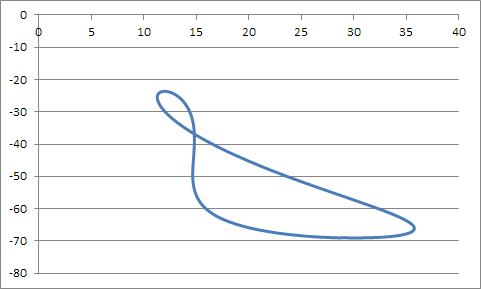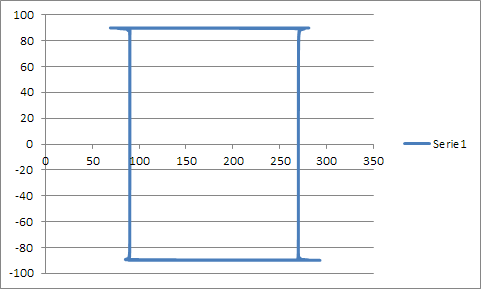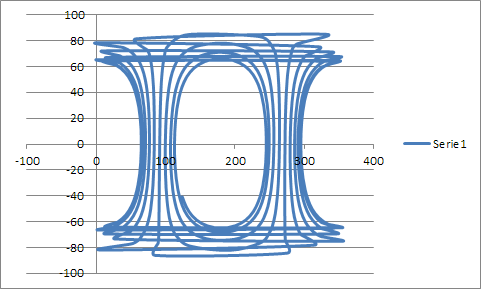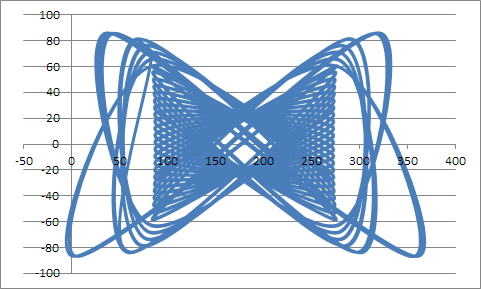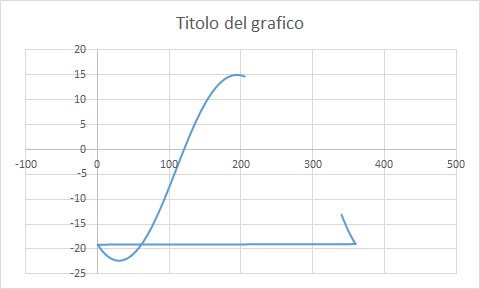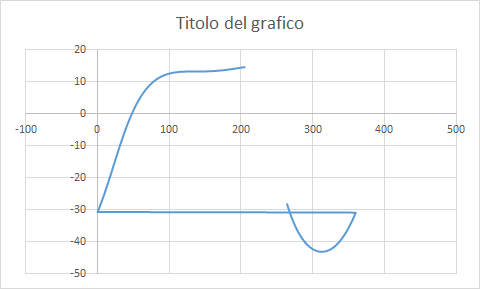Sidereal Day durationsduration (not suitable for anelemma):
- Mercury: 58d 15h 30m 1407.6 hours = 8445084456 min = 5067360 sec
- Venus: 116d 18h 0m5832.6 hours = 168120349956 min = 20997360 sec
- Mars: 1d 0h 37m24.6229 hours = 1477.374 min = 88642.44 sec
- Jupiter: 0d 9h 56m9.9250 hos = 596595.5 min = 35730 sec
- Saturn: 0d 10h 42m 10.656 hours = 642639,36 min = 38361.6 min
- Uranus: 0d 17h 14m 17.24 hours = 1034.4 min = 62064 min
- Neptun: 0d 16h 6m16.11 hours = 966,6 min = 57996 sec
Solar day durationsSolar Day duration (sol):
- Mercury: 175.94 EarthDays = 4222.6 hours = 253356 min = 15201360 sec
- Venus: 116.75 EarthDays = 2802.0 hours = 168120 min = 10087200 sec
- Mars: 1.0274875 EarthDays = 24.6597 hours = 1479.528 min = 88774.92 sec
- Jupiter: 0.414 EarthDays = 9.9259 hours = 595.554 min = 35733.24 sec
- Saturn: 0.444 EarthDays = 10.656 hours = 639,36 min = 38361.6 min (same as sidereal ?!?)
- Uranus: 0.718 EarthDays = 17.24 hours = 1034.4 min = 62064 min (same as sidereal ?!?)
- NeptunNeptune: 0.671 EarthDays = 16.11 hours = 966,6 min = 57996 sec (same as sidereal ?!?)
Year durationsduration in Earth days:
- Mercury: 88 days = 0.5 Sols
- Venus: 225 days = 1.927 Sols
- Mars: 687 days = 668.62 Sols
- Jupiter: 12 years = 4383 days = 10587 Sols
- Saturn: 29 years = 10592.25 days = 23857 Sols
- Uranus: 84 years = 30681 days = 42731 Sols
- Neptune: 165 years = 60266.25 days = 89816 Sols

